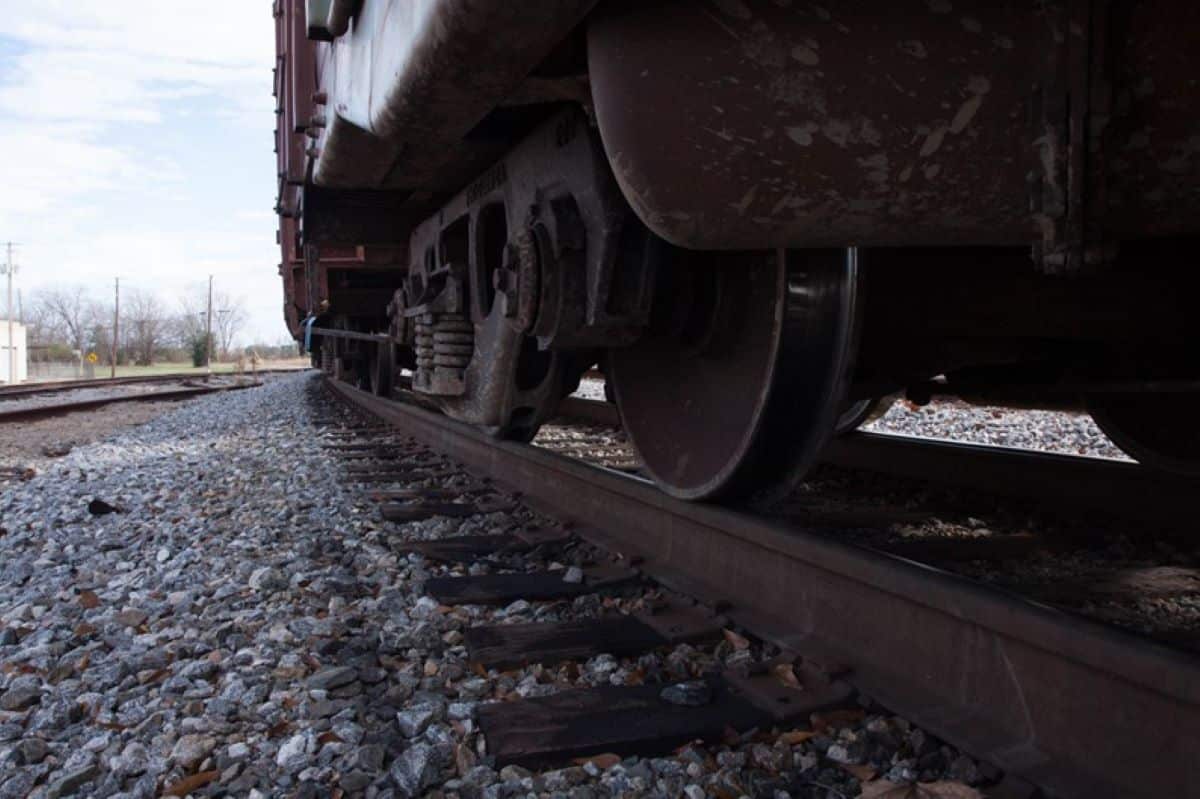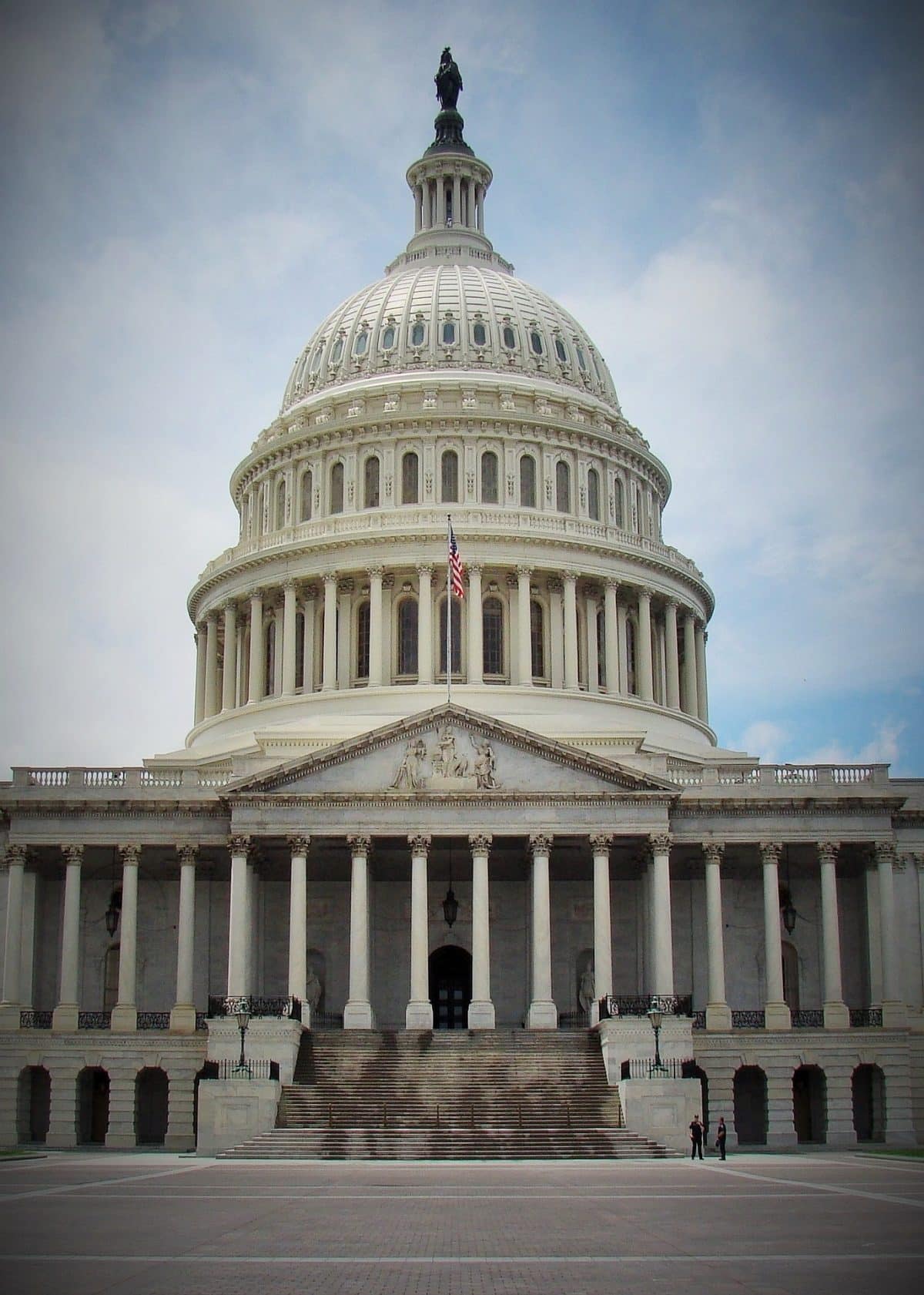TFI: Rollins a Strong Choice to Lead USDA

Arlington, VA – The Fertilizer Institute (TFI) today applauded president-elect Trump’s nomination of Brooke Rollins to serve as Secretary of Agriculture, calling her nomination a “strong choice to lead the USDA.”
“TFI and the fertilizer industry congratulate Brooke Rollins on her nomination to lead the Department of Agriculture,” said TFI president and CEO Corey Rosenbusch. “She has strong agricultural ties and will be a powerful voice to lead on issues critical to the agricultural industry.”
In describing Rollins as a strong choice, Rosenbusch pointed to the nominee’s professional accomplishments, including work on the WOTUS rule, improving American food security, and her support for measures that defend US agricultural trade interests.
“Nominee Rollins has shown adeptness in not just effectively navigating difficult policies, but also ensuring that those policies have positive impacts on the American people,” Rosenbusch said. “Her experience serving in various policy roles in the first Trump Administration, including director of domestic policy; leading the Texas Public Policy Foundation for 15 years; and establishing both the America First Policy Institute and America First Works, has shown that she knows how to get things done.”
In addition to her proven policy track record, nominee Rollins has the agricultural roots to hit the ground running with a firm understanding of the challenges and opportunities that currently exist in the agricultural sector.
“I’ve known Brooke for 40 years and saw firsthand her passion for agriculture through our time together in the Glen Rose, Texas chapter of FFA where she was elected First Vice President for the Texas state chapter,” Rosenbusch continued. “She then went on to receive her agricultural development degree from Texas A&M where she was also the first female student body president elected in the school’s history.
“She definitely has the ag bona fides,” Rosenbusch concluded. “And the demonstrated leadership qualities that will enable her to succeed. Brooke Rollins’ nomination is a strong choice to lead the USDA and TFI looks forward to working with her upon her confirmation.”
###
The Fertilizer Institute (TFI) is the leading voice of the nation’s fertilizer industry. Tracing its roots back to 1883, TFI’s membership includes fertilizer producers, wholesalers, retailers and trading firms. TFI’s full-time staff, based in Washington, D.C., serves its members through legislative, educational, technical, economic information and public communication programs. Find more information about TFI online at TFI.org and follow us on Twitter at @Fertilizer_Inst. Learn more about TFI’s nutrient stewardship initiatives at nutrientstewardship.org and on Twitter at @4rnutrients.



